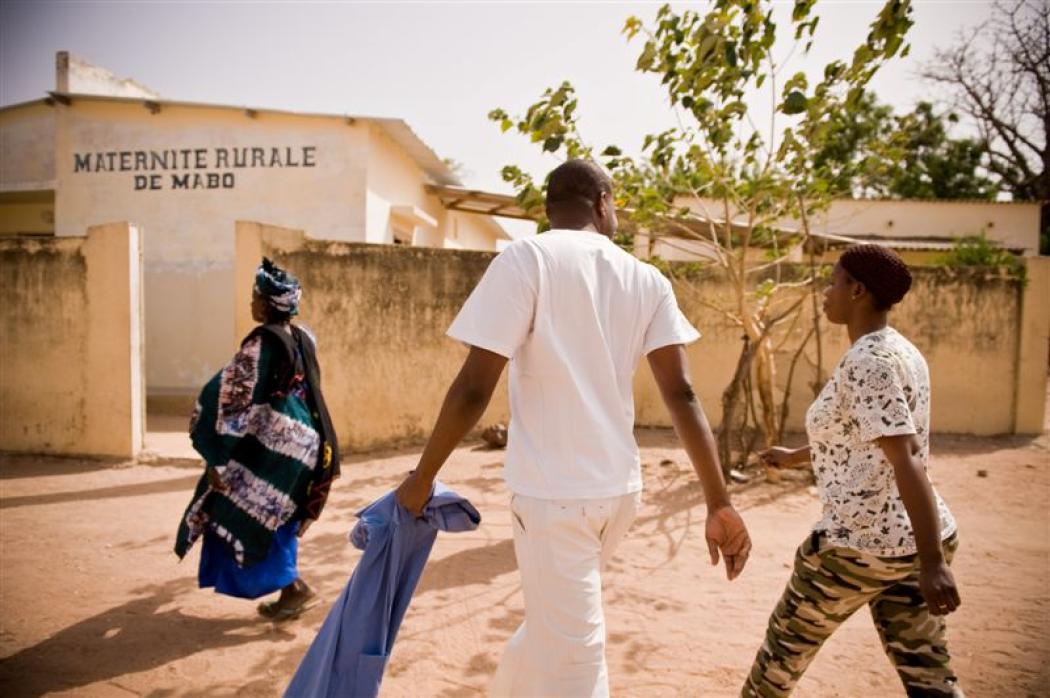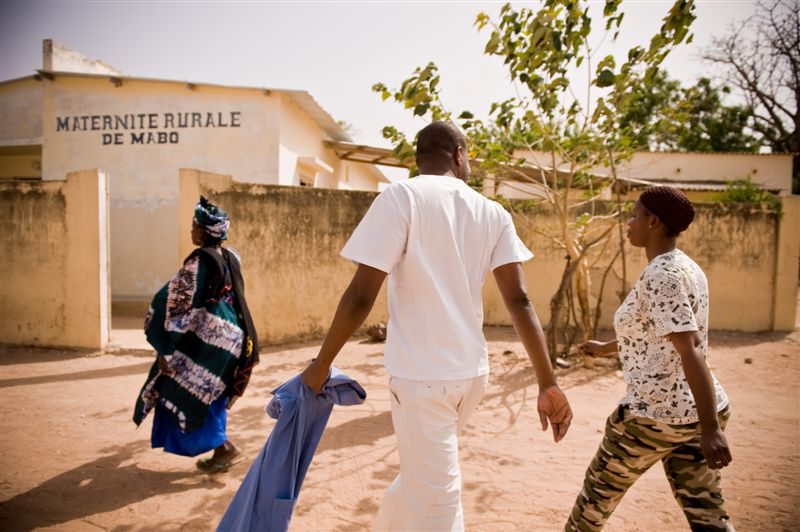Investing in health workers: the business case

Courtesy of IntraHealth International.
Daryl Burnaby, GSK
“For too long countries have seen health workers as just another cost to be managed,” said Dr Margaret Chan, WHO director-general, as the High-Level Commission on Health Employment and Economic Growth published their final report.
Instead of draining resources, health workers in fact deliver a triple return for health, economic growth and global health security, added Dr Chan. Investing in swelling the ranks of skilled health staff is therefore pivotal to achieving the ambitious Global Goals to improve health, prosperity and sustainable development by 2030. The Commission made 10 recommendations for strengthening the global health workforce – ranging from maximising women’s economic participation to scaling up high quality education and advancing international recognition of health workers' qualifications.
As the Commission made clear, there’s no time to lose on implementing these recommendations and it outlined immediate actions for political leaders, governments and bodies such as the International Labour Organization. Of course governments lead the charge in strengthening health systems, but there is a clear ethical and business case for the private sector to also play its part. Building capacity among health workers leads to healthier communities, which can in turn lead to stronger economies – creating an environment in which business can thrive. According to the WHO, the returns on investment in health are estimated to be 9 to 1.
Given those numbers, the private sector has an obvious stake in helping translate the Commission’s recommendations from words into reality. There are various ways the private sector can contribute to a stronger health system – from providing mobile apps to micro insurance, to supporting training and development. At GSK, one of the biggest contributions we can make to society is to innovate and drive access to healthcare. We seek to bring health benefits to more people around the world through an open and collaborative approach. We have health workers among our own ranks – from doctors to scientists working in researching and developing medicines.We also train and equip community health workers in the poorest countries to provide basic prevention and treatment, with the dual goal of positively impacting the communities where we deliver program as well as helping develop the infrastructure needed to enable access to medicines and vaccines.

Courtesy of IntraHealth International.
One mechanism that we use to support these frontline health workers is reinvesting 20% of the profits we make in the Least Developed Countries (LDCs) back into their health systems. We’ve been doing this since 2010 and have so far reinvested approximately $26 million. The funds help to train frontline health workers; educate communities on health; build local capacity to deliver health worker training; and advocate to governments for increased investment in human resources for health. These programare delivered through three NGO partners – Amref Healthcare Africa, CARE International and Save the Children – and are well aligned to government priorities and plans.
Over the last six years, we have seen tangible results from these program. More than 40,000 health workers have been trained and 11 million people reached. Moreover, we have seen a fall in mortality and morbidity rates in the communities we serve – for example, there has been a drop in maternal and neonatal deaths in the Nepal programme area – and increased demand for essential medicines and vaccines. While one cannot draw a direct line between our program and these changes, we hope that our work is contributing. And such evidence is beginning to catalyse investment in human resources for health from other quarters, including governments. Seeing these kinds of results has given us the confidence to extend our investments in the health workforce.
By 2017 we aim to have expanded our health worker training program to all non-LDC countries in sub-Saharan Africa including Nigeria, Ghana and South Africa; we’re already supporting training and education for health workers managing diabetes and asthma in Kenya. Central to these programmes will be a continued support for advocacy to generate the evidence base needed to demonstrate the impact of investing in human resources for health. With a growing gap between actual and required numbers of frontline health workers – a shortfall of 18 million health workers, primarily in low- and middle-income countries, is anticipated by 2030 – the economic and employment need to be developed to create a compelling case for investment in health staff.
Similar to the health benefits to the communities we serve, and the business benefits GSK will realise from our investment in frontline health workers, viewing investing in human resources for health as more than a ‘cost’ is critical to translate the recommendations in the report to implementation of programmes. As such, GSK welcomed the Commission’s report on the global health workforce and particularly the emphasis on the economic benefits and employment opportunities to countries through governments investing in their health workforces.
And we were delighted that three of our scientists played a part in a short film made by the WHO to highlight the power of health workers. We are fully aligned with the 10 recommendations and our programmes already directly address all of them. As the Commission’s plans are implemented, we stand ready to support.
